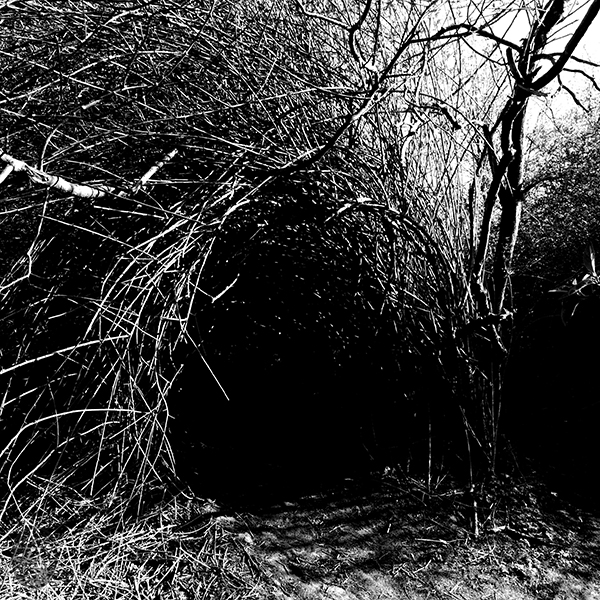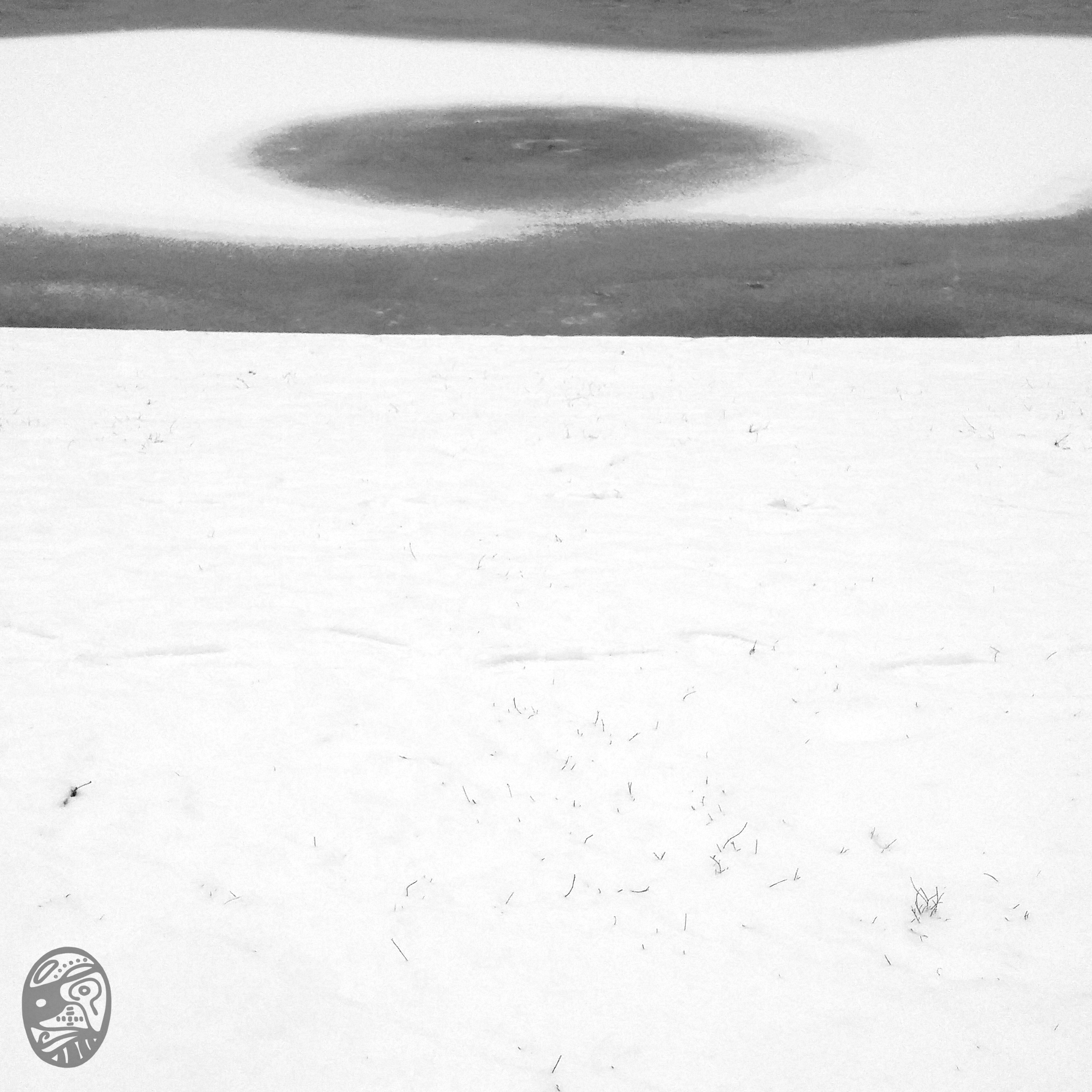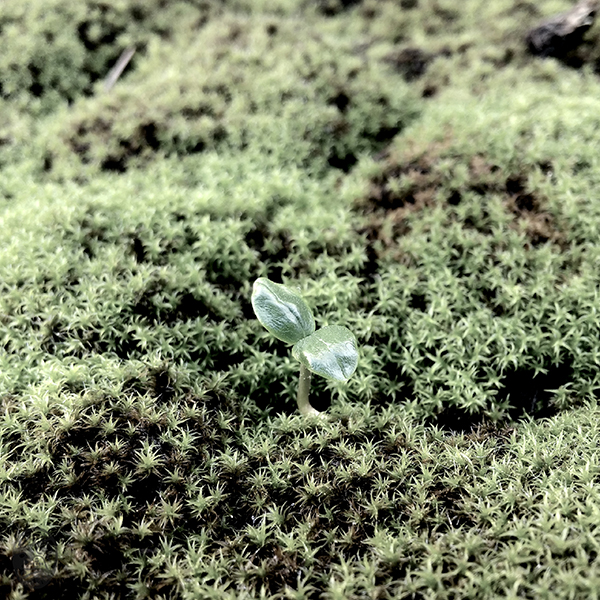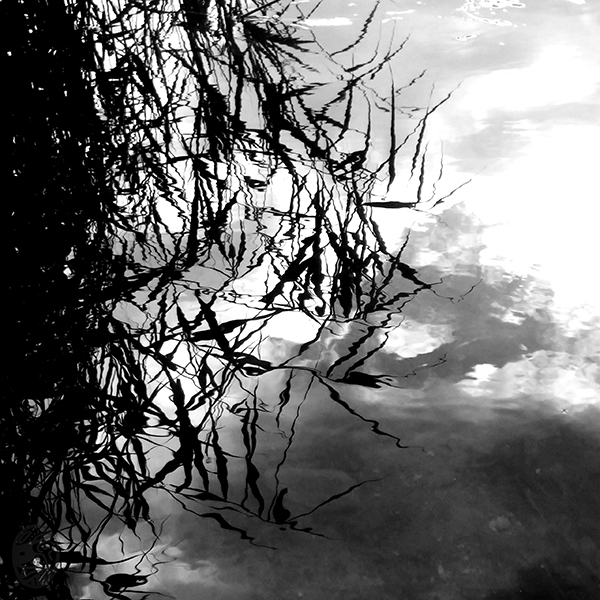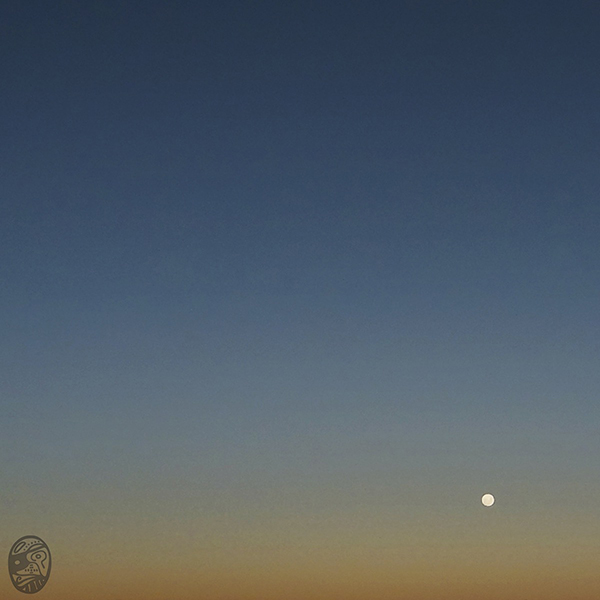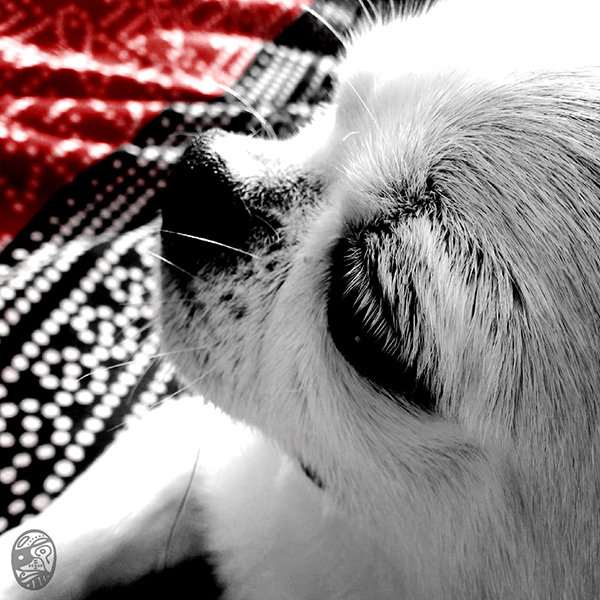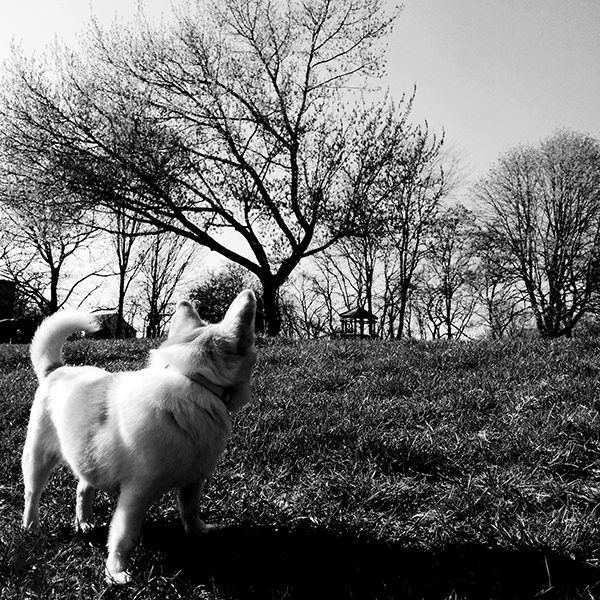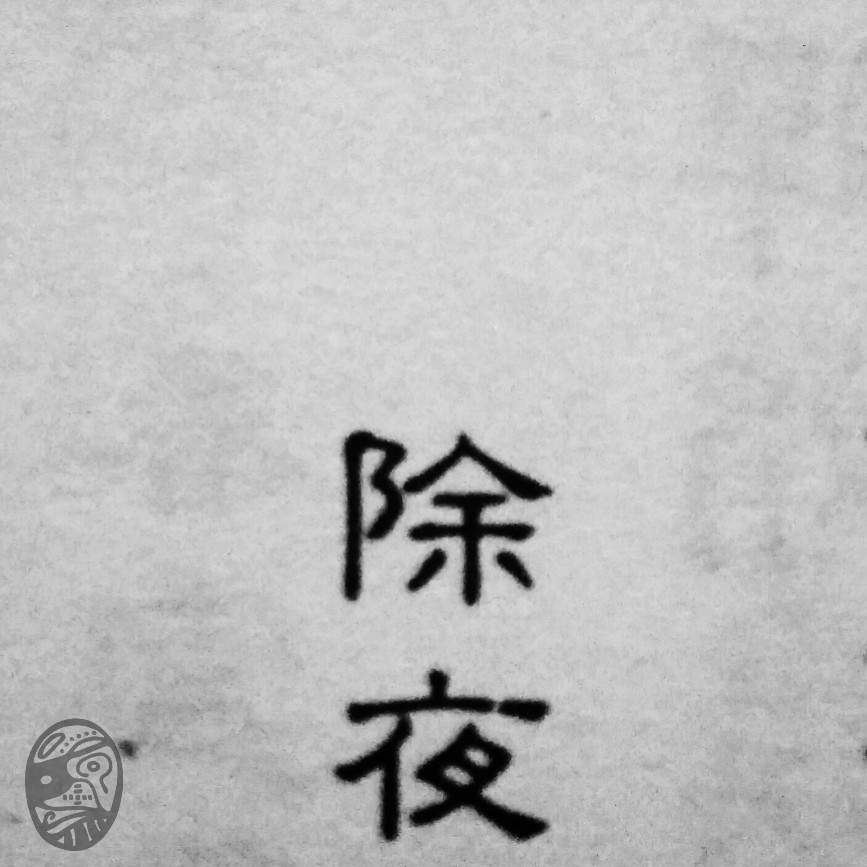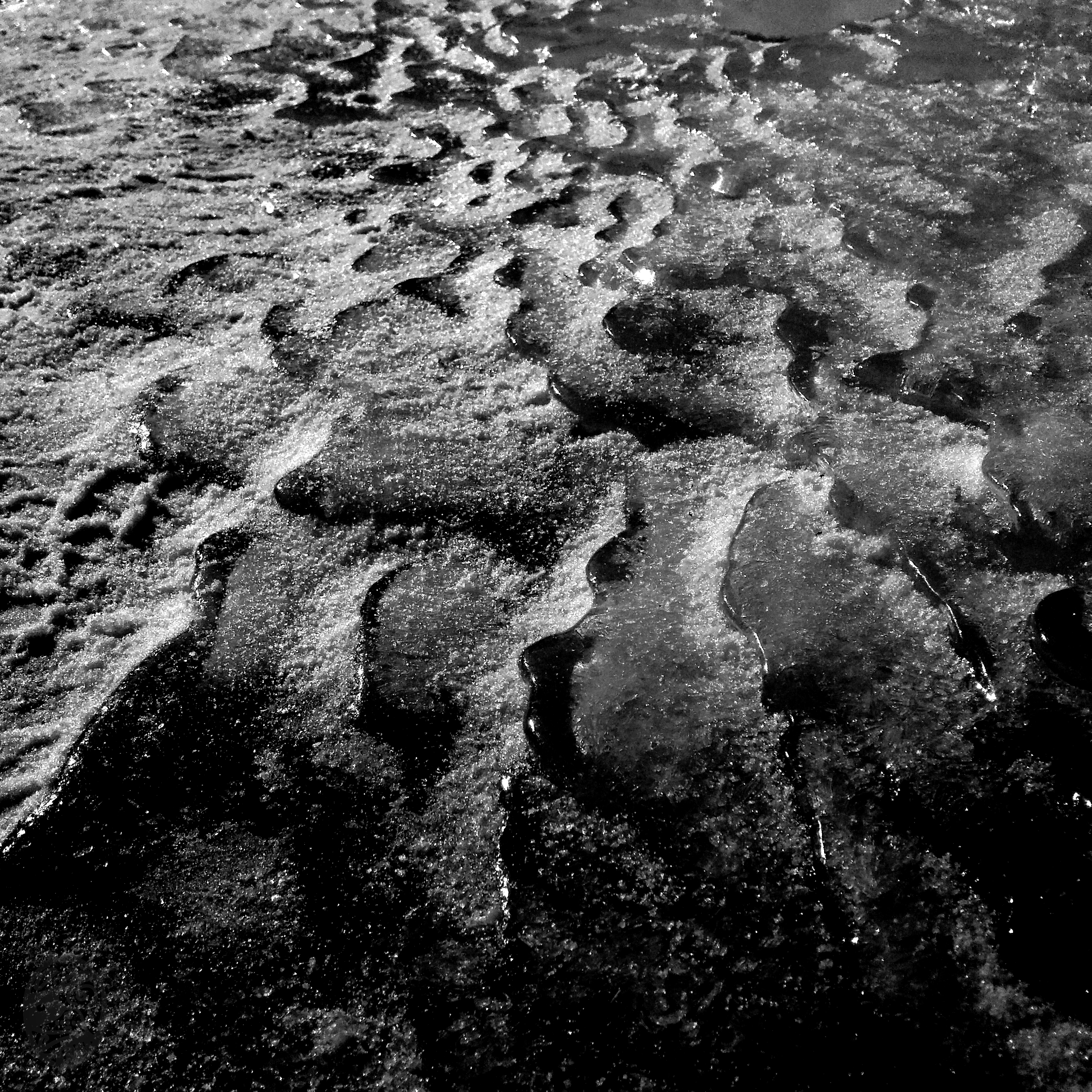
冰、釋|iCE, mELT
違反天理,心只求虛,活在非非。
To violate the laws of nATURE and aspire to things which are uNREAL, that is living in an iLLUSORY world.
王充(二七年至九七年),東漢哲學家-《論衡》-第廿四篇《道虛》之末部:
Wang Chong (27-97), A philosopher of the Eastern Han Dynasty (25-220)*₁ – The last part of the Chapter 24th – “Daoxu”*₃ of the “Lunheng”*₂:
×××
有[血脈₁]之類,無有不[生₂],生無不[死₃]。以其生,故知其死也。
天地不生,故不死;[陰₄][陽₅]不生,故不死。死者,[生₆]之效;生者,死之驗也。
夫有始者必有終,有終者必有始。唯無[終₇][始₈]者,乃[長生不死₉]。
人之生,其猶[冰₁₀]也。水凝而為冰,[氣₁₁]積而為人。冰極一冬而釋,人竟百歲而死。人可令不死,冰可令不[釋₁₂]乎?
諸學[仙術₁₃]為不死之方,其必不[成₁₄],猶[不能₁₅]使冰終不釋也。
Those lives which have [bLOOD relationships₁], none of them were not [bORN₂]. After being born, none of them do not [dIE₃]. From the fact of birth, so humans know about death.
Sky and earth were not born, therefore they do not die; [dARKNESS (yIN)₄] and [bRIGHTNESS (yANG)₅] were not born, therefore they do not die. Death, is a proof of [lIFE₆]; and life, is a proof of death.
There must be a beginning with an ending and an ending with a beginning. Only there’s no [eND₇] and no [sTART₈], then things [last fOREVER₉].
Human’s life is like [iCE₁₀]. Water is solidified into ice, [breaths (cHI)₁₁] are accumulated to be human. Ice will melt after winter, human will die after hundred years. If human can make himself not die, can ice let itself not [mELT₁₂] then?
All who learn the [mAGIC₁₃] power for immortality, they will certainly not [sUCCEED₁₄], just as it is [iMPOSSIBL₁₅] to make ice never melt.
×××
Continue reading →
